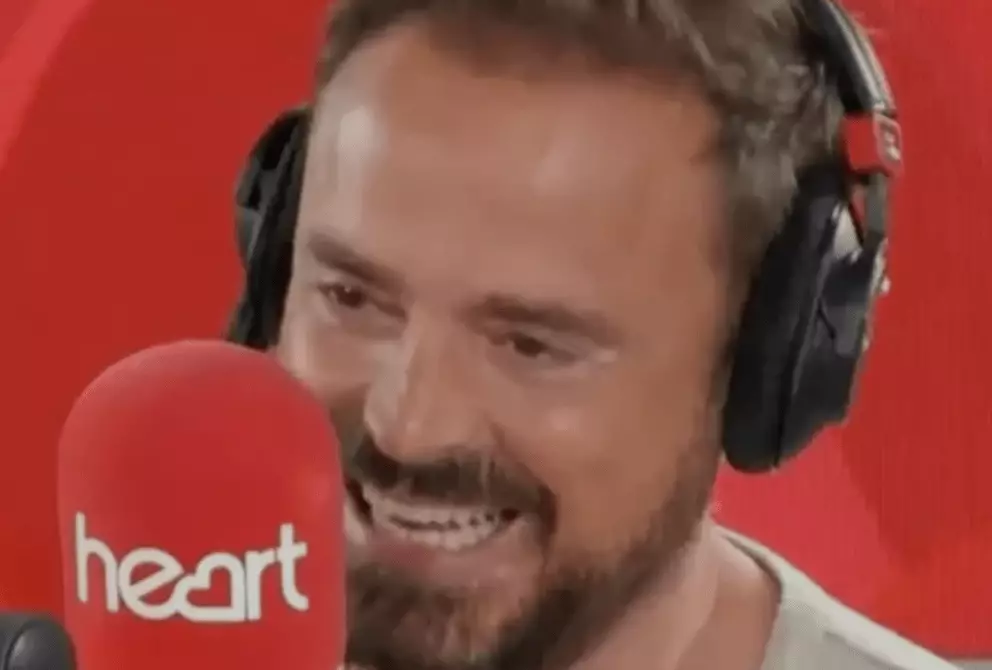Jamie Theakston, a beloved figure in UK radio, has made a triumphant return to the airwaves after an arduous fight against cancer. Known for his longstanding role as co-host on the Heart Radio breakfast show alongside Amanda Holden, Theakston’s journey underscores not only resilience but also the profound connection he shares with his audience. With over two decades of broadcasting history, his experience is marked by memorable moments and a dedication to engaging listeners. It is this connection that he credits with playing a crucial role in his recovery.
What sets Theakston’s experience apart is the active involvement of his listeners in his health journey. After numerous years in broadcasting, many of his dedicated fans became attuned to the subtle changes in his voice, noting a recurring sore throat that was more pronounced than usual. In an era where audience engagement often feels superficial, Theakston’s story highlights the tangible impact that a loyal listener base can have on a broadcaster’s life. “You do the show for 20 years, and you get a sore throat and it comes and goes,” he reflected, acknowledging how feedback from listeners prompted him to seek medical help. It was this collective concern that initiated his journey towards diagnosis and treatment, resulting in his eventual laryngeal cancer discovery.
The Emotional and Physical Toll
Following his diagnosis, Theakston underwent a grueling three-surgery ordeal, along with extensive treatment that took him off the air for several months. The emotional weight of such a diagnosis can be heavy, particularly for someone who has spent a significant portion of his life connecting with people through the medium of voice. As a public figure, returning to his role after such intense personal trauma posed both challenges and rewards, forcing him to reconcile his health struggles with the expectations of his listeners and colleagues.
Theakston’s return is also reflective of broader trends within the UK radio landscape, particularly the shift in programming models. Since Heart Radio transitioned to a national format in 2019 by eliminating separate regional stations, Theakston has been at the forefront of this evolution. He articulated a sentiment shared among many broadcasters: a concern about how commercial radio bears the brunt of audience expectations, particularly in relation to local programming. Theakston pointedly noted that these shifts have significant implications for the industry and have often been precipitated by the BBC’s influence in the market.
Now back on the air, Jamie Theakston embodies the spirit of recovery and resilience. His experiences serve as a reminder of the crucial link between public figures and their communities, illustrating how interpersonal connections can foster profound change. As he resumes broadcasting to millions, he carries with him not just tales of survival but also an enduring commitment to his listeners who, in many ways, helped save his life. Theakston’s narrative is one of hope—both for individuals facing personal trials and for the evolving landscape of radio broadcasting itself.
